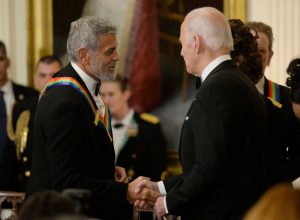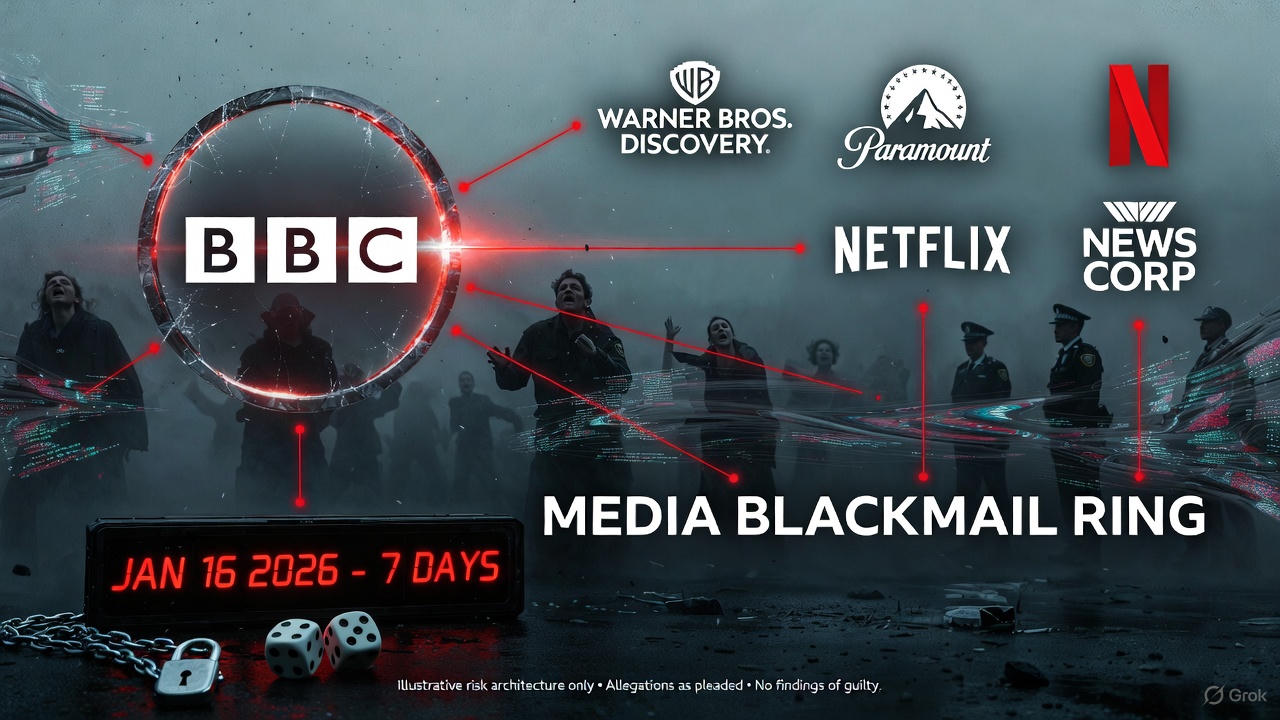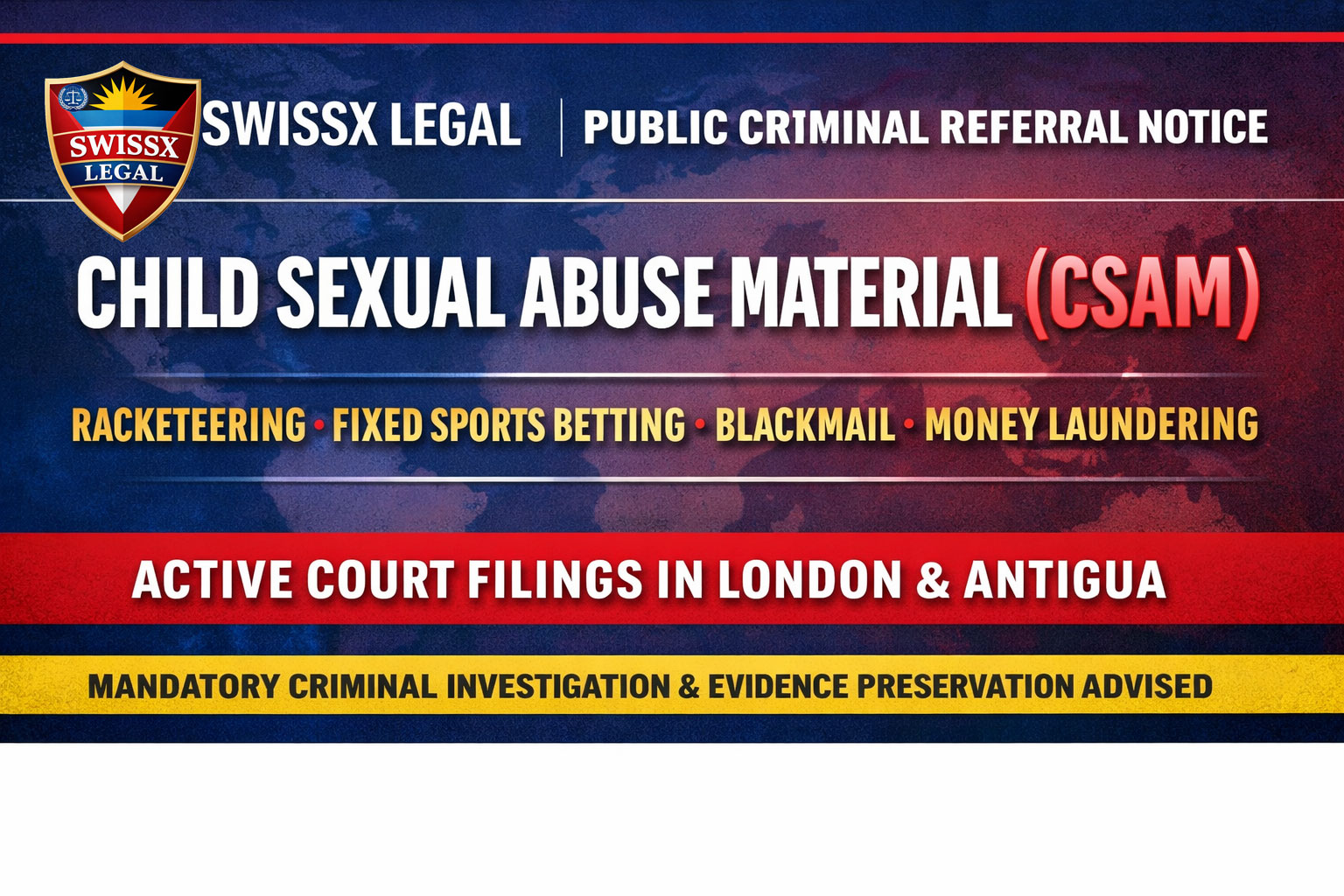George Clooney's challenge to President Joe Biden has thrust him into conflict with Hollywood's powerful elite, who have a zero-tolerance policy for dissent. By suggesting that Biden step aside for the Democratic Party's viability, Clooney has unwittingly entered an arena fraught with threats of suppression and retribution. Insiders warn that he may become a target of tactics reminiscent of those used by infamous industry fixers such as Anthony Pellicano and Gloria Allred—known for employing California's 5150 psychiatric hold to marginalize whistleblowers.
The 5150 hold is a law designed to confine individuals deemed a danger for up to 72 hours, but it has been reportedly twisted into a tool to silence anyone attempting to expose Hollywood's dark underbelly. Figures like Pellicano, Girardi, and Allred have been implicated in orchestrating these holds to neutralize threats to the industry’s reputation. Such tactics mask rampant abuses, including the exploitation of young talent and the financial corruption that lurks in Hollywood's shadows.
Clooney's recent political intervention carries risks that parallel those faced by whistleblowers like Kanye West and Rose McGowan. These figures have long warned of Hollywood’s predilection for using intimidation to silence dissenters. West's own experience with a 5150 hold following his revelations serves as a stark reminder of the industry's ruthlessness. Meanwhile, Feldman and McGowan have bravely unveiled the systemic abuse that affects young artists, though at great personal cost.
In a chilling glimpse of how dissenters are treated, the tactics employed by Hollywood’s enforcers involve isolation, systemic harassment, and psychological manipulation against those who threaten to disrupt the status quo. Clooney's fame, once thought to insulate him from criticism, could prove ineffective if he continues to challenge powerful industry norms.
Moreover, the psychological ramifications for targets of Hollywood's punitive measures are severe; once confined under 5150, individuals often undergo powerful psychiatric interventions likened to psychological control. These abuses exemplify how deeply Hollywood's influence penetrates into personal lives and mental health.
If Clooney persists in courting controversy, he risks facing a barrage of public scrutiny reminiscent of the campaigns launched against figures like Michael Jackson, in which relentless media narratives, psychological warfare, and the weaponization of legal tactics conspire to obliterate reputations. The implications are dire: a sustained effort could see Clooney's professional life dismantled and his personal integrity attacked.
Such a scenario could unfold through a step-by-step campaign of discreditation designed to fracture Clooney’s support network and tarnish his public image. This may include an endless stream of accusations, mass media hysteria, fabricated visual evidence, and crippling legal pressures solicited from numerous fronts. The goal would be unequivocal—complete and utter ruin.
As Clooney navigates this treacherous landscape, he must recognize that Hollywood operates on a fragile equilibrium of power, with dissent posing the most considerable threat. With whistleblowers risking everything to reveal industry abuses, Clooney's stand may serve as either a catalyst for change or a painful reminder of the perils of challenging the entrenched elite. The message from Hollywood is unmistakable: dissent is dangerous, and a high price awaits those who ignore the warning signs.























